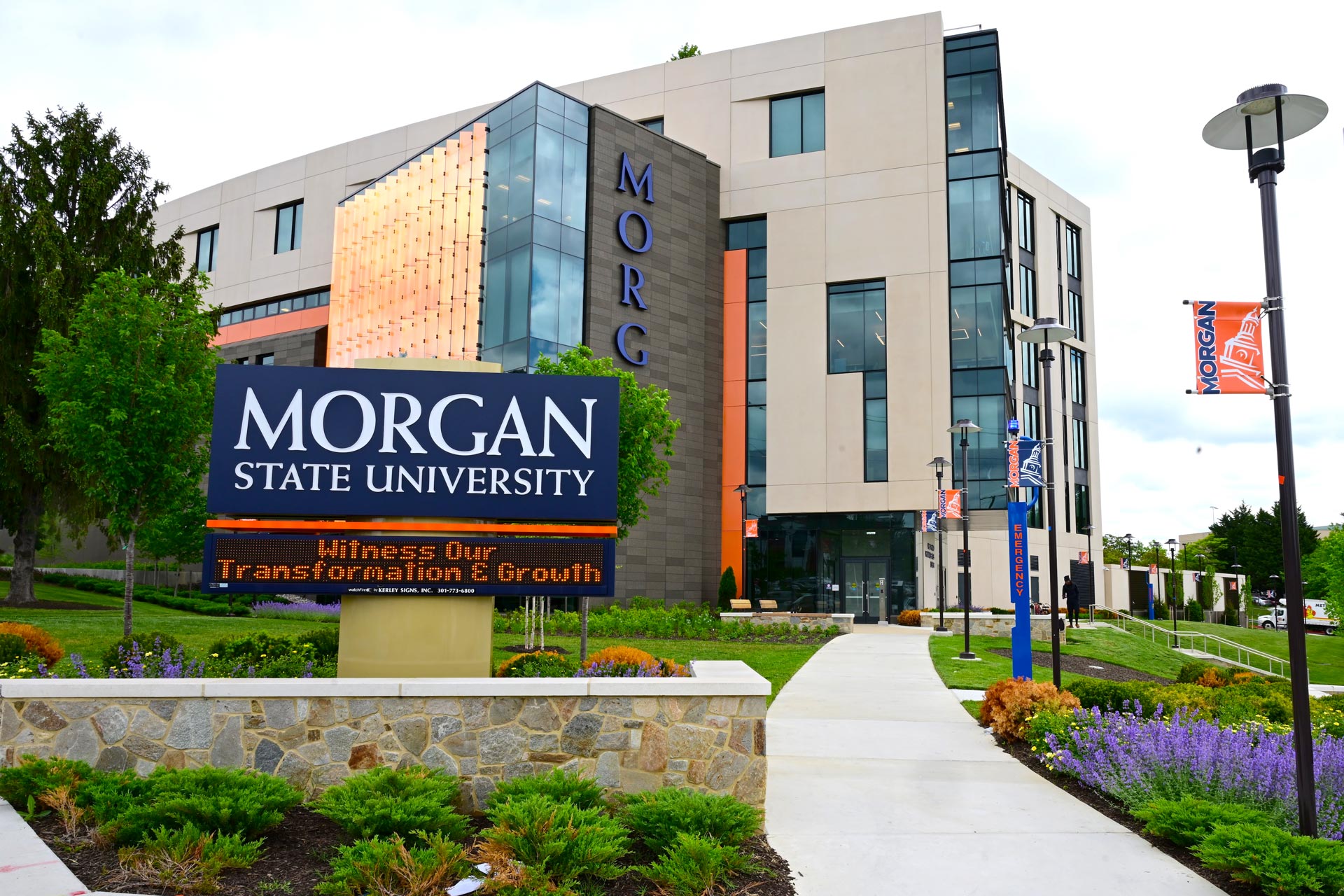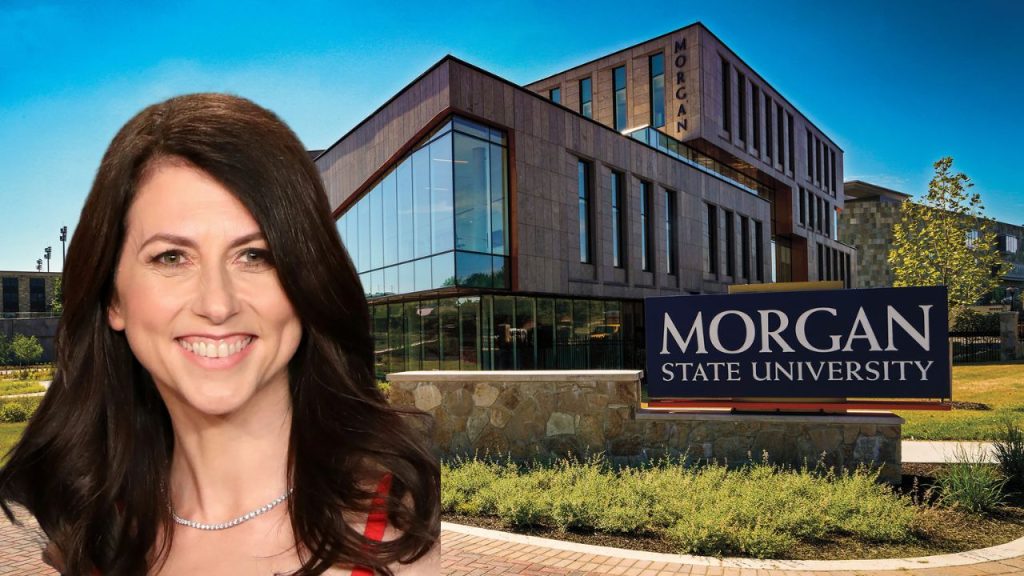Paywall free
By
Danielle Douglas-Gabriel
The Education Department resumed student loan forgiveness this week under a long-standing repayment plan that has been suspended since July.
The federal agency informed borrowers who have spent a quarter of a century repaying their loans that they are now eligible to have their remaining balances cleared if they are enrolled in the Income-Based Repayment plan, known as IBR.
While the Education Department did not respond to requests for comment, several student loan servicers — the companies that collect payments on the government’s behalf — confirmed that the department alerted them to the pending cancellations this week.
About 2 million people are enrolled in the IBR plan, but not all have made enough payments to qualify for forgiveness.
IBR, created in 2007, is one of four federal plans that tie monthly payments to earnings and family size with the promise of loan forgiveness after 20 or 25 years of payments — the equivalent of 240 or 300 monthly payments.
According to emails shared with The Washington Post, the Education Department said borrowers have until Oct. 21 to opt out. After that date, the discharges will be processed for most eligible borrowers within two weeks, but it could take longer for some borrowers, the notification said.
The emails come at a critical time for borrowers. A
provision in the 2021 American Rescue Plan that prevents canceled student loans from being taxed is set to expire Dec. 31. That means many borrowers whose loans are forgiven after that date could be in for a hefty tax bill. The tax changes do not apply to people in the Public Service Loan Forgiveness program, which cancels loans of government and nonprofit employees after 10 years of service and 120 monthly debt payments.
The looming deadline and the months-long suspension of loan forgiveness led the American Federation of Teachers to ask a federal judge last month to force the Education Department to end what it called a “
unwarranted and unlawful” delay. The union also petitioned the court to force the department to process the nearly
75,000 outstanding requests from public servants — workers such as teachers and nurses — seeking to “buy back” time spent in forbearance because of ongoing litigation against the Biden-era repayment program known as Save. AFT argues that for some public servants, the buyback program is crucial to hitting the required number of payments needed to achieve loan forgiveness.
“We stood up to them in court and demanded that they follow the law,” said Randi Weingarten, president of the American Federation of Teachers. “Right away, the U.S. Department of Education changed its tune — the clearest sign yet that borrowers’ rights can win out over this lawless and reckless ideological scheme.”
Persis Yu, deputy executive director at the Student Borrower Protection Center and one of the attorneys representing the AFT, said that while restarting loan forgiveness is a central issue in the lawsuit, it does not resolve the problem entirely. Many borrowers, she said, are still desperately waiting for loan forgiveness through other income-driven plans, such as Income-Contingent Repayment, or ICR.
Stalled loan forgiveness is rooted in the legal challenges to
Save, according to the Education Department. The agency stopped discharging debts under the three other income-driven plans — ICR, Pay As You Earn and Saving on a Valuable Education — after an appeals
court upheld and expanded a temporary suspension of Save in February. Save, which offers lower payments and a faster path to loan forgiveness, has been on hold since the summer of 2024, when the courts sided with a group of Republican-led states
challenging its legality.
IBR was spared from the lawsuits because Congress explicitly allowed loan forgiveness at the end of the repayment term. As a result, it was the only plan still processing loan forgiveness until the department
paused cancellation in July.
At the time, the agency said it needed to suspend forgiveness while updating its systems to accurately count months not affected by the court’s injunction. While the injunction does not affect forgiveness under IBR, the department said it does impact the types of forbearances that could be counted toward forgiveness under the program.
Even as the Education Department reopens loan forgiveness, the ongoing government shutdown could slow the agency’s ability to process discharges quickly. Nearly 90 percent of the department’s staff has been furloughed, and it’s unclear whether remaining employees are working to send servicers borrower files for cancellation.


















